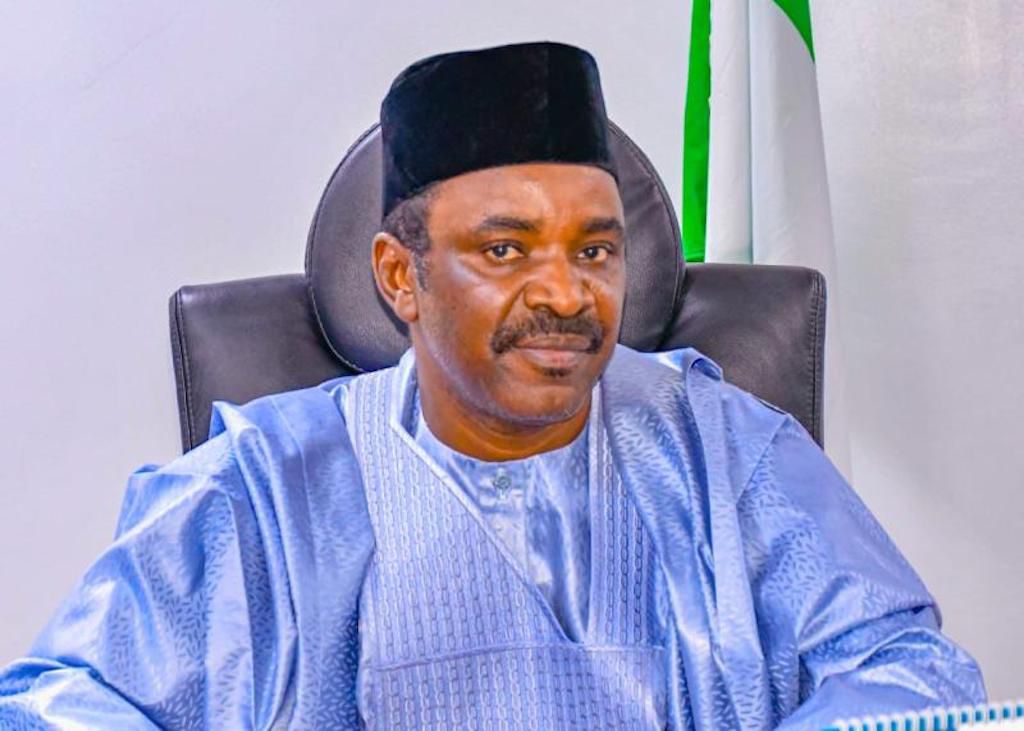The Minister of Transportation, Senator Said Ahmed Alkali, on Tuesday announced sweeping reforms across the nation’s transport sector aimed at positioning the country for global competitiveness and sustainable development.
He made this known while speaking at the 7th National Conference of the Chartered Institute of Transport Administration of Nigeria held in Abuja. The minister said the Federal Executive Council had approved the long-awaited National Land Transport Policy, describing it as a “historic milestone” that would harmonise standards, improve coordination, and foster private sector participation.
Senator Said Ahmed Alkali stated that the administration of President Bola Tinubu was implementing key reforms and investments across all transport modes to drive economic growth and improve logistics efficiency.
According to him, major strides have been made in the railway sector, with the Lagos–Ibadan and Abuja–Kaduna standard-gauge lines fully operational, while the Kaduna–Kano segment nears completion. Work on the Kano–Maradi line, which links Nigeria to the Niger Republic, and the Port Harcourt–Maiduguri Eastern Narrow Gauge is also ongoing.
He noted that the Public-Private Partnership-driven e-ticketing platforms deployed on major train routes had improved transparency and passenger experience, while a special committee had been set up to review challenges in ticket purchase processes, especially on the Abuja–Kaduna route.
He added that the government had begun unbundling the Nigerian Railway Corporation (NRC) to enhance operational efficiency and improve service delivery.
The minister also highlighted government efforts to decongest Apapa Port, improve road connectivity, and ensure smooth cargo evacuation through multi-modal transport systems.
He said the free rail and road transport initiative introduced by President Tinubu during the 2024–2025 festive season reflected the government’s compassion and commitment to citizens’ welfare.
On innovation, Alkali revealed that engineers at the Nigerian Institute of Transport Technology, Zaria, had successfully developed logistics drones, positioning Nigeria to explore smart mobility and intelligent transport systems.
“The future of transport will be driven by innovation. We are ready to harness blockchain-enabled logistics to ensure transparency and sustainability,” he said.
The minister emphasised that transforming Nigeria’s transport ecosystem could not be achieved by the government alone, urging collaboration between the public and private sectors, academia, and professional bodies.
“The Ministry is open to innovative partnerships that support policy research, logistics planning, and professional development,” Alkali said. “Together, we must build a system that is smart, inclusive, and future-ready.”
The NRC unbundling is a significant component of the government’s long-term rail sector reform agenda, designed to separate regulatory, operational, and asset management functions to improve efficiency and transparency.
Established in 1955, the NRC has long operated as a vertically integrated monopoly, responsible for everything from rail operations and maintenance to infrastructure management and ticketing. This structure has been criticised for inefficiency, poor service delivery, and weak accountability.
Under the proposed unbundling framework, which aligns with the National Transport Policy and the Railway Bill currently before the National Assembly, the corporation will be split into multiple entities, including a regulator, infrastructure manager, and service operators — similar to global best practices in South Africa and the United Kingdom.
The reform, a key component of the Federal Government’s National Transport Policy, will separate the corporation’s operational and regulatory functions, paving the way for private participation and improved service delivery across the network.


